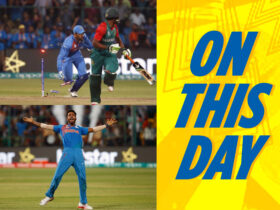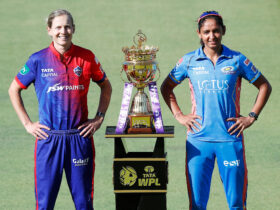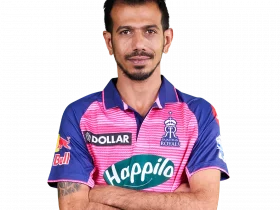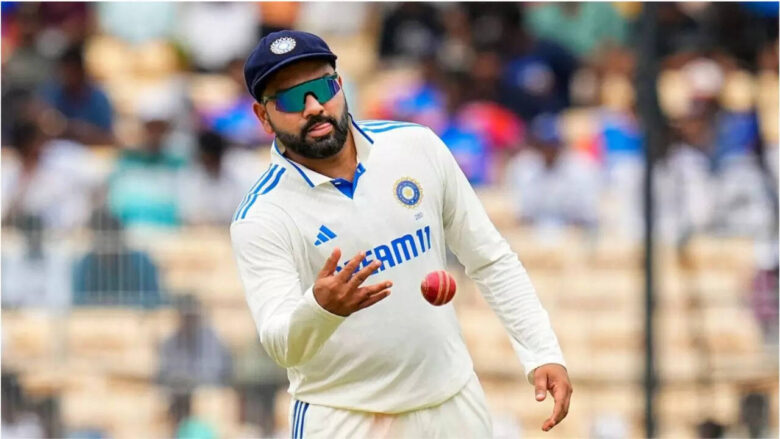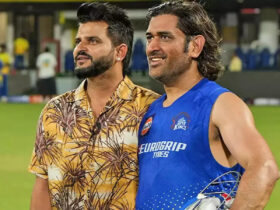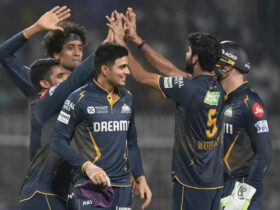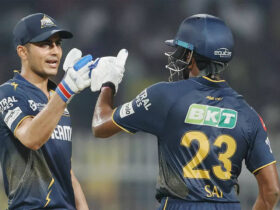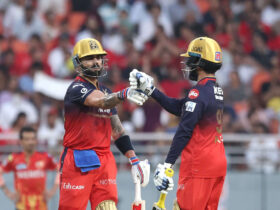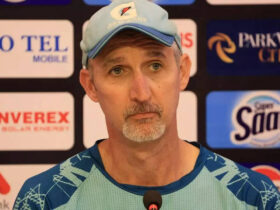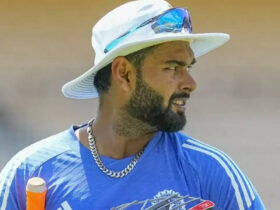Introduction: In a candid reflection on the state of Test cricket and individual careers, Australian cricket icon Steve Waugh has offered pointed advice to Indian captain Rohit Sharma. As India gears up for a challenging Test series against England in June, Waugh’s comments come at a critical juncture for Sharma, who turns 38 this month and faces scrutiny over his recent form and leadership role.
Core Discussion – Rohit Sharma’s Dilemma: Waugh, a revered member of the Laureus World Sports Academy, emphasized that the decision to continue as captain must stem from Sharma himself. ‘It’s totally up to him. He’s the only one who can solve that problem. He has to look himself in the mirror and ask, do I still want to be captain or play for India? Am I truly committed?’ Waugh stated. He further underscored the privilege of representing one’s country, adding, ‘You can’t be complacent or relax. It’s an honor that demands time and effort.’ Sharma’s recent struggles in Test matches against Bangladesh, New Zealand, and Australia—culminating in a disappointing 1-3 loss in the Border-Gavaskar Trophy earlier this year—have fueled debates about his form. Notably, Sharma opted out of the Sydney Test, a decision widely linked to his poor performances.
The Bigger Picture – Test Cricket’s Survival: Beyond individual concerns, Waugh expressed deep worries about the future of Test cricket amidst the skyrocketing popularity of T20 leagues. ‘There’s immense stress on Test cricket. We need it to survive as a sport. T20 is amazing for players, spectators, and sponsors, but Test cricket remains the essence of the game,’ he asserted. Waugh believes players still aspire to excel in Tests to gauge their true prowess, describing it as the ‘ultimate contest.’ He urged stakeholders to ensure the format not only survives but thrives, highlighting its current competitive landscape with ‘seven or eight sides capable of beating each other,’ a balance unseen in recent years.
Debates on Structure and Fairness: Addressing broader issues in Test cricket, Waugh defended the World Test Championship (WTC) qualification system amidst criticism over South Africa’s qualification despite playing fewer matches. ‘There are always complaints. Some countries play more Tests, others don’t. South Africa was successful in what they did, and I believe the two best teams are in the final,’ he remarked. He also rejected proposals for a two-tier system, arguing it would weaken lower-ranked teams by denying them exposure to stronger opposition, thus widening the gap in world cricket. On the idea of bonus points for away wins in the 2025-27 WTC cycle, Waugh maintained that consistency—winning both home and away—should remain the benchmark.
Conclusion: Steve Waugh’s insights serve as a timely reminder of the dual challenges facing cricket today: nurturing individual careers like that of Rohit Sharma while safeguarding the sanctity of Test cricket. As Sharma contemplates his future and India prepares for England, the cricket world watches keenly—both for personal redemption and the enduring legacy of the game’s purest format.


